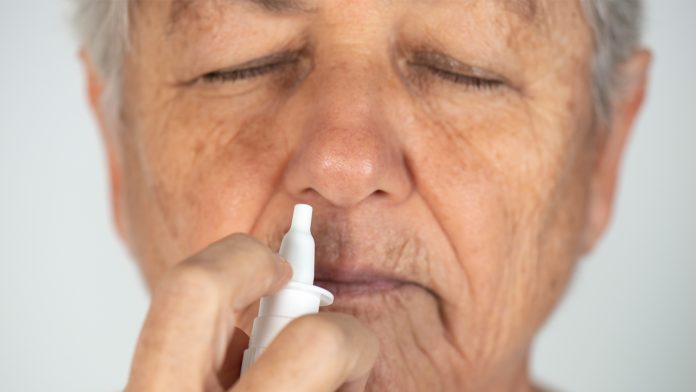In collaboration with the University of Vienna, Austrian biotech company, CEBINA, has identified five generic drugs as potential preventative treatments for COVID-19.
CEBINA, an Austrian biotech company, has announced positive results of its new COVID-19 drug repurposing project. The company has identified previously approved drugs as possible preventative treatments for COVID-19. One of these drugs, Azelastine an antihistamine currently available as a nasal spray, has been identified as a potential topical preventive or post-exposure anti-COVID-19 approach.
In collaboration with Professor Robert Konrat, a renowned structural biologist at University of Vienna, CEBINA has applied a computational approach, integrating several software tools and novel biological pathway analysis, to identify potential preventative treatments for COVID-19.
“We are thrilled to see that our in-silico approach has led to the identification of existing and readily available drugs that have proven anti-SARS-CoV-2 activity, as these findings can have an immediate beneficial effect in the fight against COVID-19,” commented Professor Robert Konrat.
Which drugs can prevent COVID-19 infection?
The results of this study show that five generic drugs demonstrated the ability to function as preventative treatments for COVID-19. The most potent among the identified drugs, Azelastine, is available as a topically applied product and has only modest side-effects. The other identified drugs are commonly used in anti-hypertensive therapy: Telmisartan, Metoprolol, Losartan and Amiloride.
“As the number of COVID-19 cases continues to surge, the identification of Azelastine presents a highly promising preventive and/or post-exposure anti-COVID-19 solution, particularly considering that this drug is widely available as nasal spray and can act directly at the initial site of viral infection.
“We are working towards confirming our findings in a clinical study, especially the observation that a significantly lower dose might be effective. A lower dosage would be expected to reduce the known side effects, which are not significant though potentially unpleasant and could differentiate between the COVID-19 and the anti-allergic indications,” said Eszter Nagy, MD PhD, CEO and founder of CEBINA.









